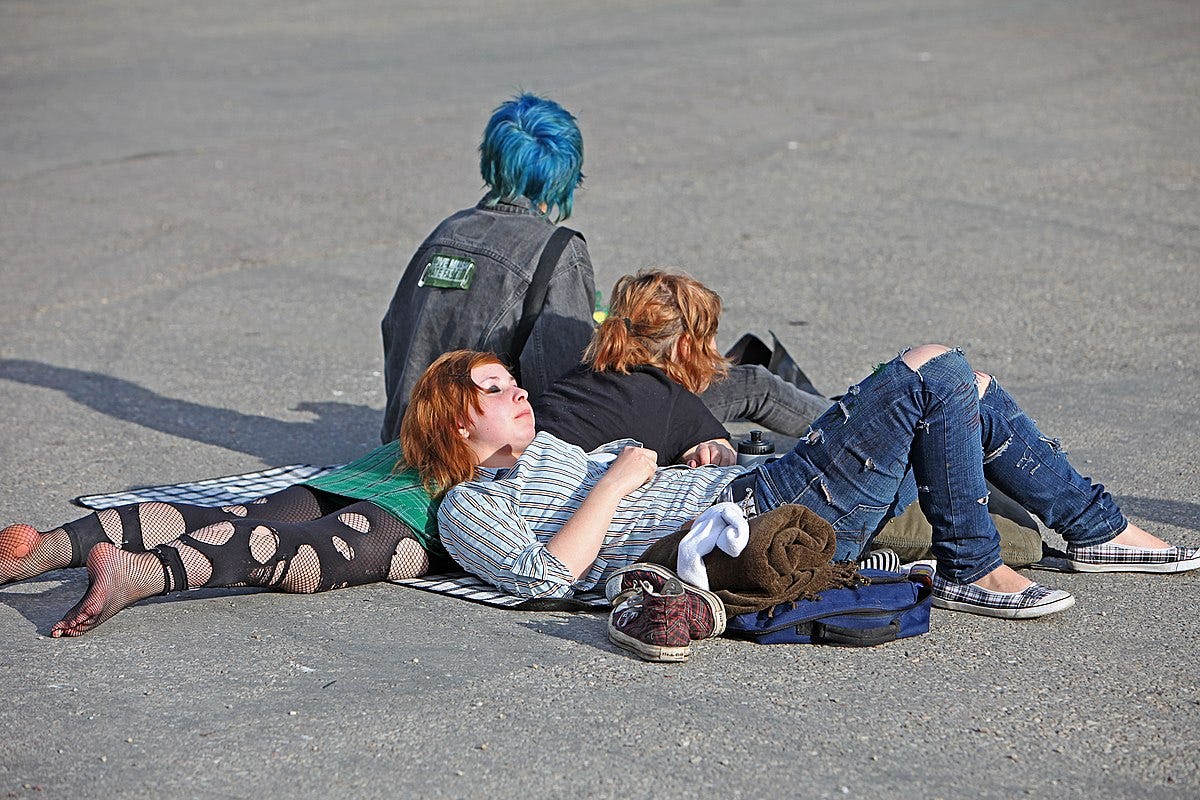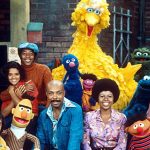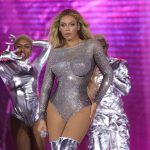Introduction
Pop culture is more than just entertainment; it’s a powerful force that reflects and influences society’s values, trends, and behaviors. From music and movies to social media and fashion, pop culture shapes how we see ourselves and the world around us. Whether consciously or not, we absorb ideas, styles, and attitudes from the cultural phenomena that dominate headlines and screens.
This article explores the impact of pop culture in shaping identities and social change in today’s fast-evolving landscape.
The Power of Pop Culture in Shaping Identity
Pop culture gives people tools to express who they are and who they want to be. Fans connect with characters, music artists, or influencers that resonate with their personal experiences or aspirations.
-
Music genres create communities and cultural movements
-
Films and TV shows provide role models and spark conversations about diversity
-
Fashion trends offer a visual language for individuality
-
Social media influencers bring new voices and redefine beauty and success
Through these mediums, pop culture helps individuals explore identity in creative and dynamic ways.
Pop Culture as a Mirror and Catalyst for Social Change
Many aspects of pop culture serve as mirrors reflecting societal issues like race, gender, and politics. At the same time, they can act as catalysts, pushing boundaries and inspiring activism.
-
Movies and series tackling mental health, inequality, and LGBTQ+ rights raise awareness
-
Music and art challenge stereotypes and celebrate diversity
-
Viral social media campaigns amplify marginalized voices
-
Celebrities use their platforms to advocate for causes and mobilize fans
Pop culture, therefore, plays a crucial role in shaping public discourse and fostering empathy.
The Influence of Digital Platforms
The rise of platforms like TikTok, YouTube, and Instagram has transformed pop culture into a more participatory and global phenomenon. Anyone can create and share content that reaches millions.
-
Memes and viral trends spread rapidly, creating shared cultural moments
-
Online communities build around niche interests and fandoms
-
New stars emerge outside traditional media gatekeepers
-
Audiences actively shape trends through engagement and feedback
This democratization has made pop culture more diverse and immediate than ever before.
Challenges and Criticisms
Despite its vibrancy, pop culture faces criticisms such as commercialization, cultural appropriation, and fleeting trends.
-
Mass marketing can reduce authentic creativity to formulaic products
-
Some trends appropriate cultures without respect or understanding
-
The fast pace of online culture can lead to shallow engagement or burnout
Being critical consumers helps us enjoy pop culture while supporting inclusivity and meaningful content.
Conclusion
Pop culture is a dynamic and influential force that shapes how we express ourselves, understand others, and engage with the world. It offers joy, connection, and sometimes provocation—reflecting the complexities of modern life.
By embracing pop culture thoughtfully, we can appreciate its power to entertain, educate, and unite diverse communities across the globe.



